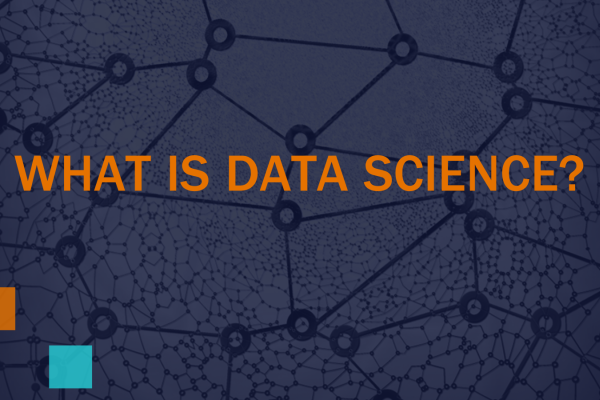Data science shines brightest in collaborations, reaching across disciplines to advance everything from biomedicine and public health to chemistry and astronomy. Although data scientists apply their skills in many different fields, they must possess a core set of tools and foundational knowledge about data and the methods used to learn from it. At the University of Virginia’s School of Data Science, we loosely group these skills into five domains of data science. Students are exposed to ideas in each of these domains, preparing them to skillfully and responsibly address real-world issues.
Each domain is defined by unique questions and challenges.
Value
How does data impact science, society and decision-making?
Modern computational advances have led to an ever-increasing amount of data, creating new ethical dilemmas for communities, companies and governments. Data scientists must consider how to ethically gather and interpret data, as well as how to create smart regulations to govern its collection and use. Our students and faculty understand the value of data, both in a business sense, as an economic asset, and in a moral sense, as knowledge that can be used to better society.
Design
How do we faithfully translate and communicate data?
How does data enable communication between machines and the real world?
Data scientists explore and model human-machine interactions. In addition to developing and studying the behavior of computational algorithms, data scientists must teach machines how to make decisions. In many ways, data scientists act as translators between humans and machines. Not only do they need to master the language of computation and analysis, but they must also translate complex quantitative information into a form that the general population can understand. This means that data scientists need to know how to represent data in a visual and narratively compelling way, often for non-experts.
Systems
How do we process, store and query data quickly and systematically?
Data scientists study how different data structures capture and encode information. Because they often work with massive amounts of data, they need to familiarize themselves with — and sometimes create — complex, high-performance systems designed to process data efficiently and effectively. In this way, data scientists act as engineers. Programming languages, hardware and software together form an extensive infrastructure that supports the practice of data science.
Analytics
What can we learn from data?
How well do our tools for analyzing data perform under different conditions?
Many consider analytics to be the essence of data science. Using advanced mathematical models and computational algorithms, data scientists employ a variety of rigorous quantitative methods to understand and analyze data. An important part of this process is the assessment of analytical methods in different contexts and the consideration of how those contexts might be influencing conclusions. Data scientists do more than just run analyses and design models. They also seek to understand how often, and why, their methods work.
Practice
Data science techniques come together in the domain of practice. Data scientists smoothly integrate their areas of expertise to solve real-world problems, collaborating with external parties to develop solutions that are responsible, authentic, efficient and effective.
Published April 22, 2022


